Osaka, Japan
Exploring the past and future of Japan's Kitchen
Osaka, Japan
4-week sessions
SESSION 1
MAY 30, 2026 (Arrival)
JUNE 27, 2026 (Departure)
SESSION 2
JULY 4, 2026 (Arrival)
AUGUST 1, 2026 (Departure)
An Immersive Learning Experience blending History, Cuisine, and Sustainable Innovation
Osaka has long been known as the “Kitchen of Japan”, a title dating back to the 1600s when the city became a vital hub for the distribution of food and goods across Japan. During the Edo period (1603–1868), Osaka flourished as the country’s commercial center, with its bustling merchant districts and thriving markets setting the foundation for its culinary prominence. Even today, the city preserves this legacy through its vibrant food culture, historic markets, and dedication to traditional cooking techniques.
This program offers immersive experiences that bridge historical traditions, contemporary food business, and future innovations in Osaka. Students will gain firsthand insights through guided field visits, cultural workshops, and industry engagements.
4 Weeks
3 Courses
15 Quarter Credits
9 Semester Credits
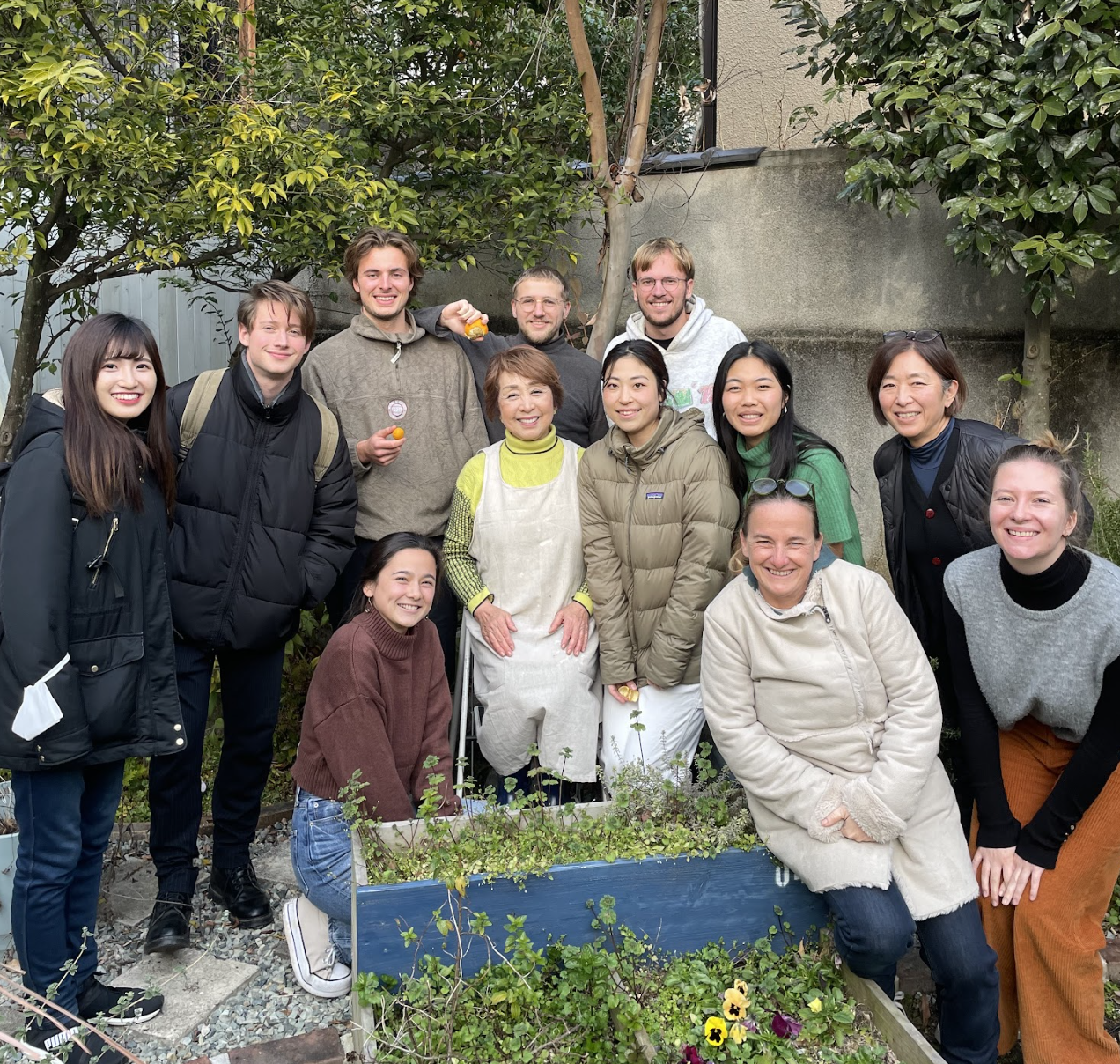
FIELD VISITS
Fuji Oil, Kizu Market, Yuasa Soy Sauce Factory, Mt. Koya Kongobuji Temple, Shukubo & Kouyasan University, Ikeda City School Meal Center, NO Theatre, Osaka Museum of History, Osaka Castle, Kyoto Tour
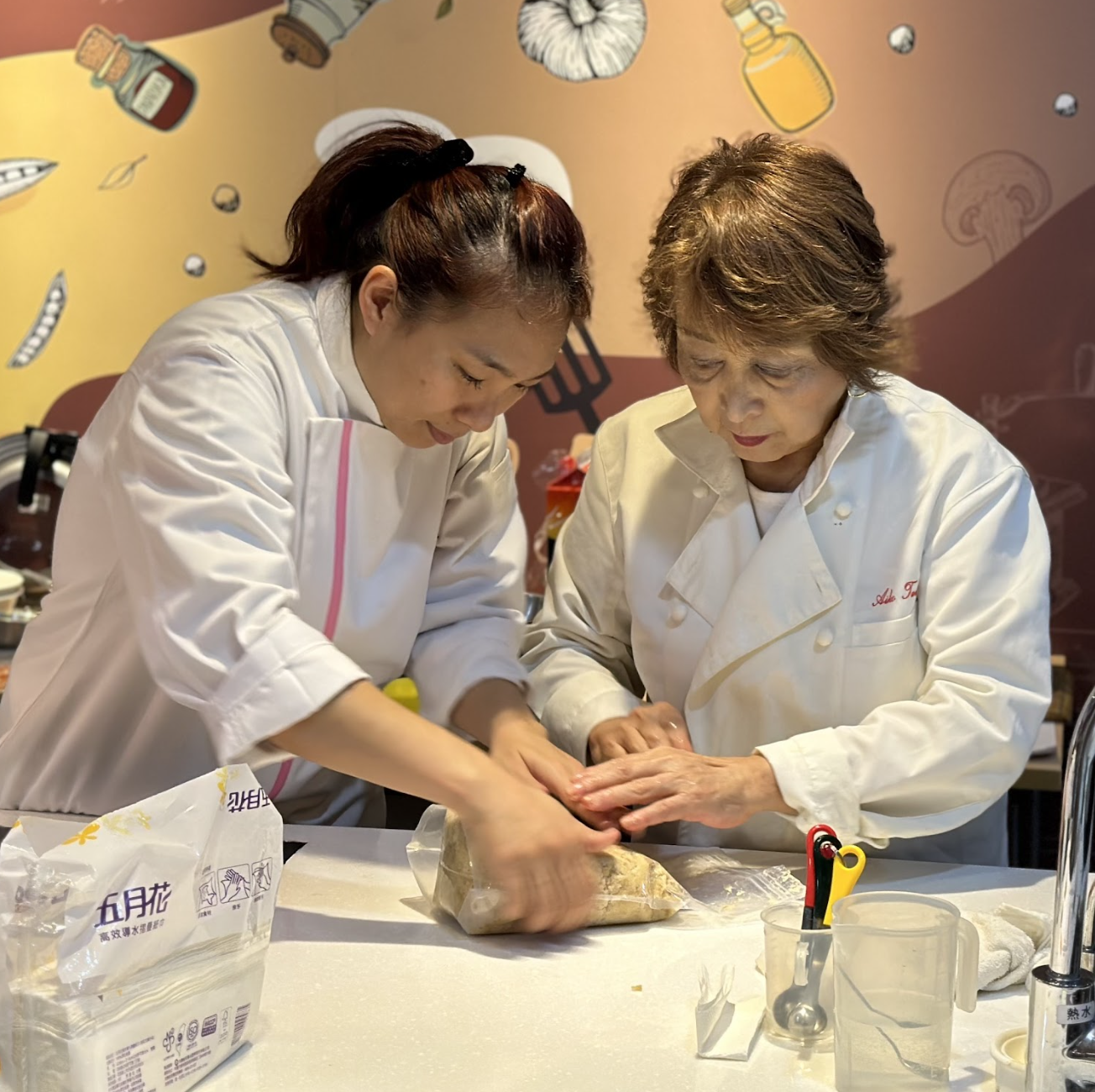
HANDS-ON EXPERIENCES
Dashi Making, Shojin Cuisine, Rice Koji and Miso Cooking Workshop, Soy Sauce Making, Plant-Forward Cooking Workshop
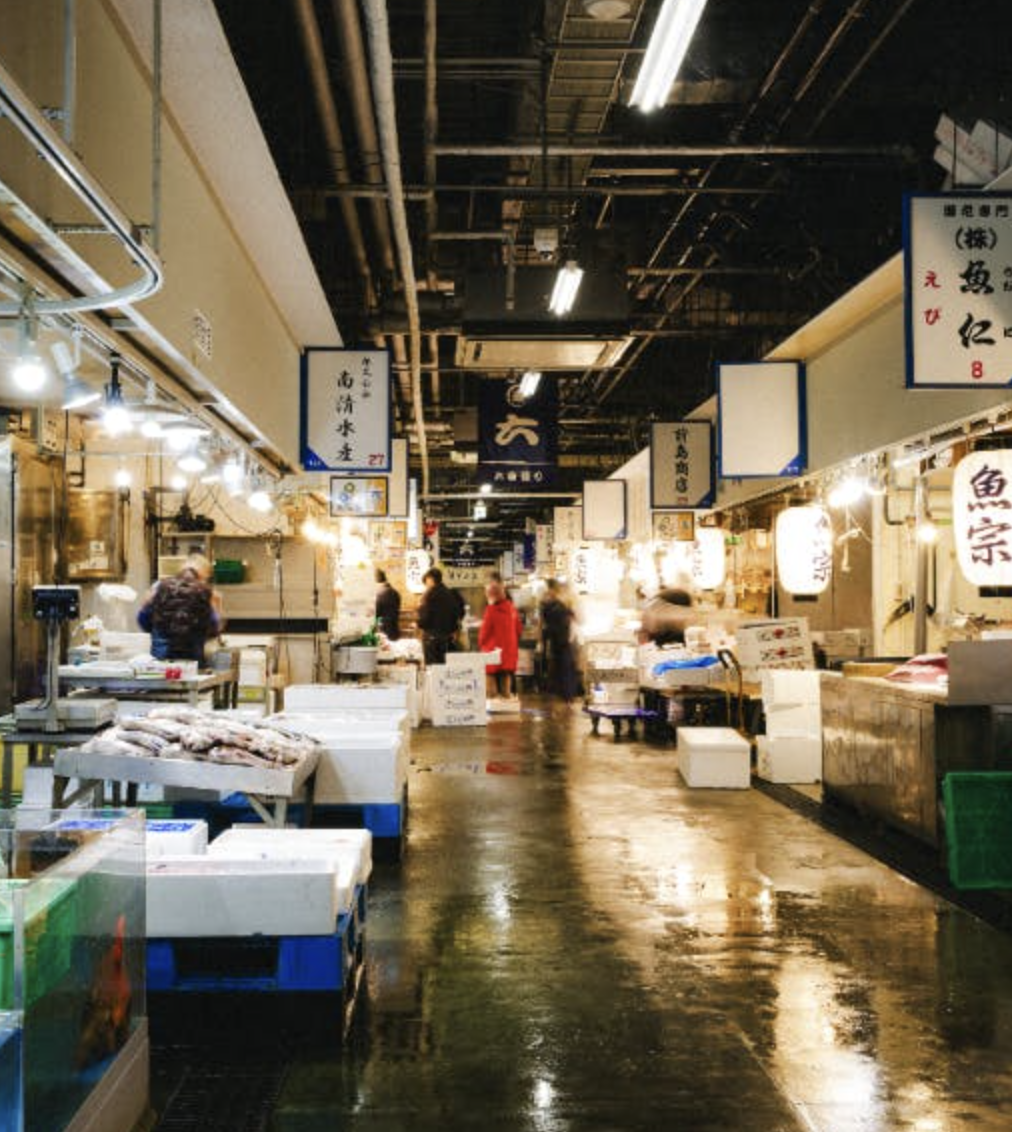
SUSTAINABILITY TOPICS
Food Technology and The Future, Nutrition, Alleviating Poverty Through Business, Conserving Marine Resources, Sustainable Agriculture, Gastronomy Tourism
Learning Objectives
- Develop a comprehensive understanding of the intellectual framework and perspective of “Critical Food Studies” and how to apply that perspective to analyze food systems.
- Understand the core philosophy of the Japan Food Studies College: “Philosophy at the Dining Table,” and how it might be practically implemented to benefit future generations.
- Learn the foundational ideas behind Osaka’s food culture, its geographical, historical, economic, and spiritual factors.
- Learn to “taste” and understand taste in the context of Japanese cuisine.
- Understand the various food sectors that comprise the Japanese food industry and learn how these sectors interact within the Japanese marketplace.
- Discover Gastronomy Tourism and Osaka’s position as Japan’s most visited city by international tourists.
- Understand issues of Global Sustainability and Social Business Models and evaluate Future Food Business Models.
- Develop competency in the lexicon of Japanese food.











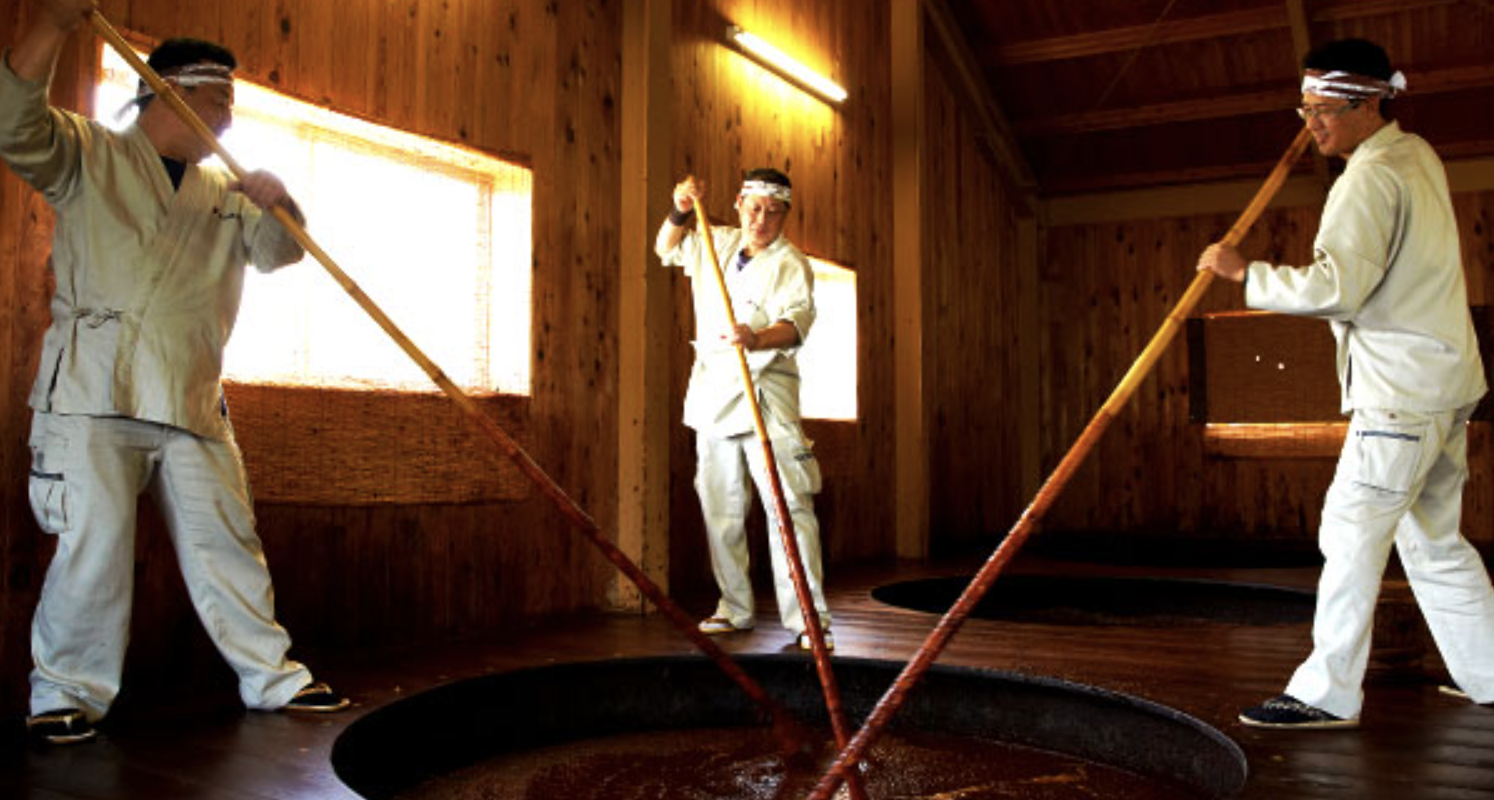
A City of Rich History and Culinary Legacy
Osaka has long been known as the “Kitchen of Japan”, a title dating back to the 1600s when the city became a vital hub for the distribution of food and goods across Japan. During the Edo period (1603–1868), Osaka flourished as the country’s commercial center, with its bustling merchant districts and thriving markets setting the foundation for its culinary prominence.
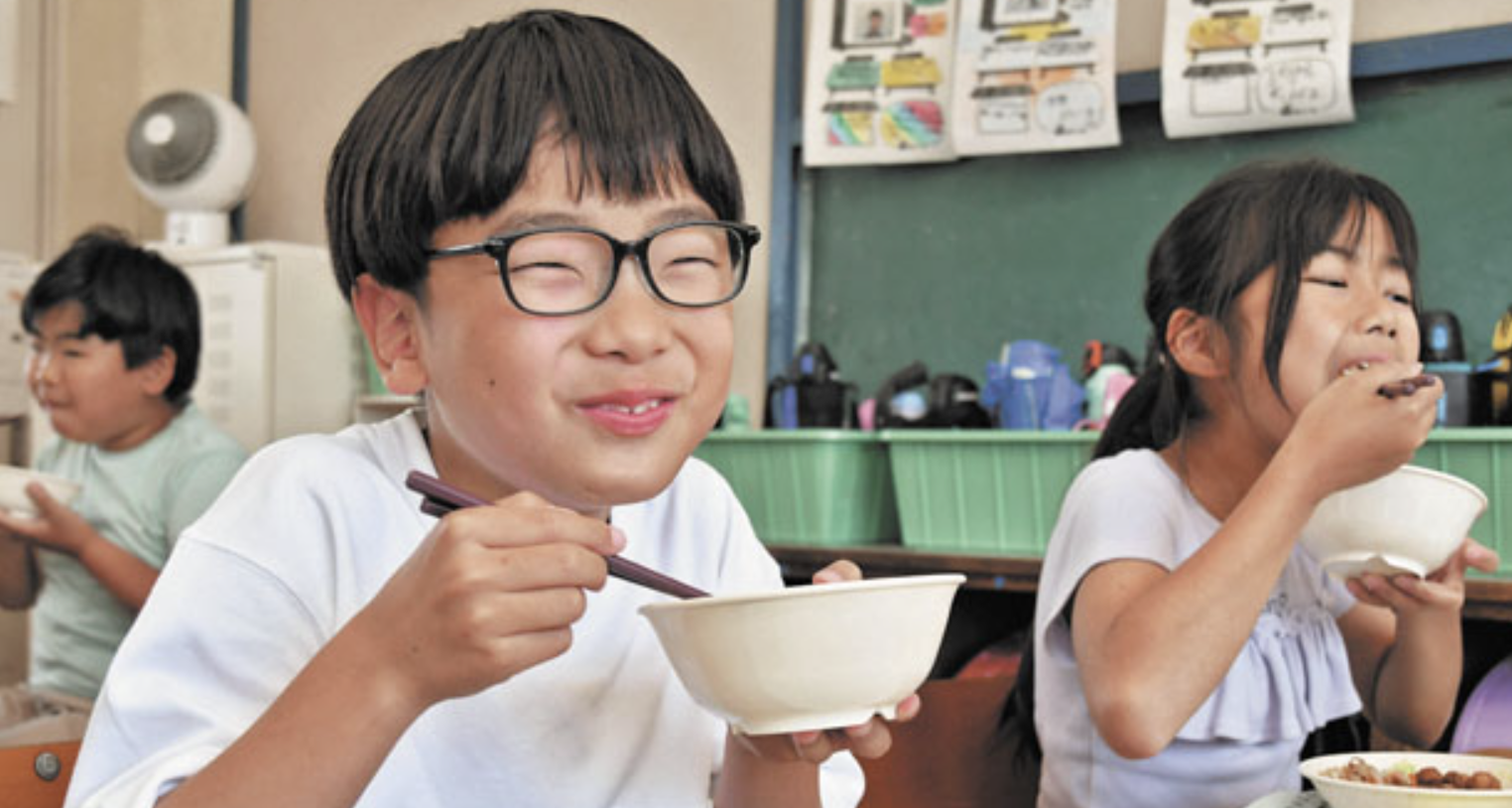
Food Culture
Even today, the city preserves this legacy through its vibrant food culture, historic markets, and dedication to traditional cooking techniques.
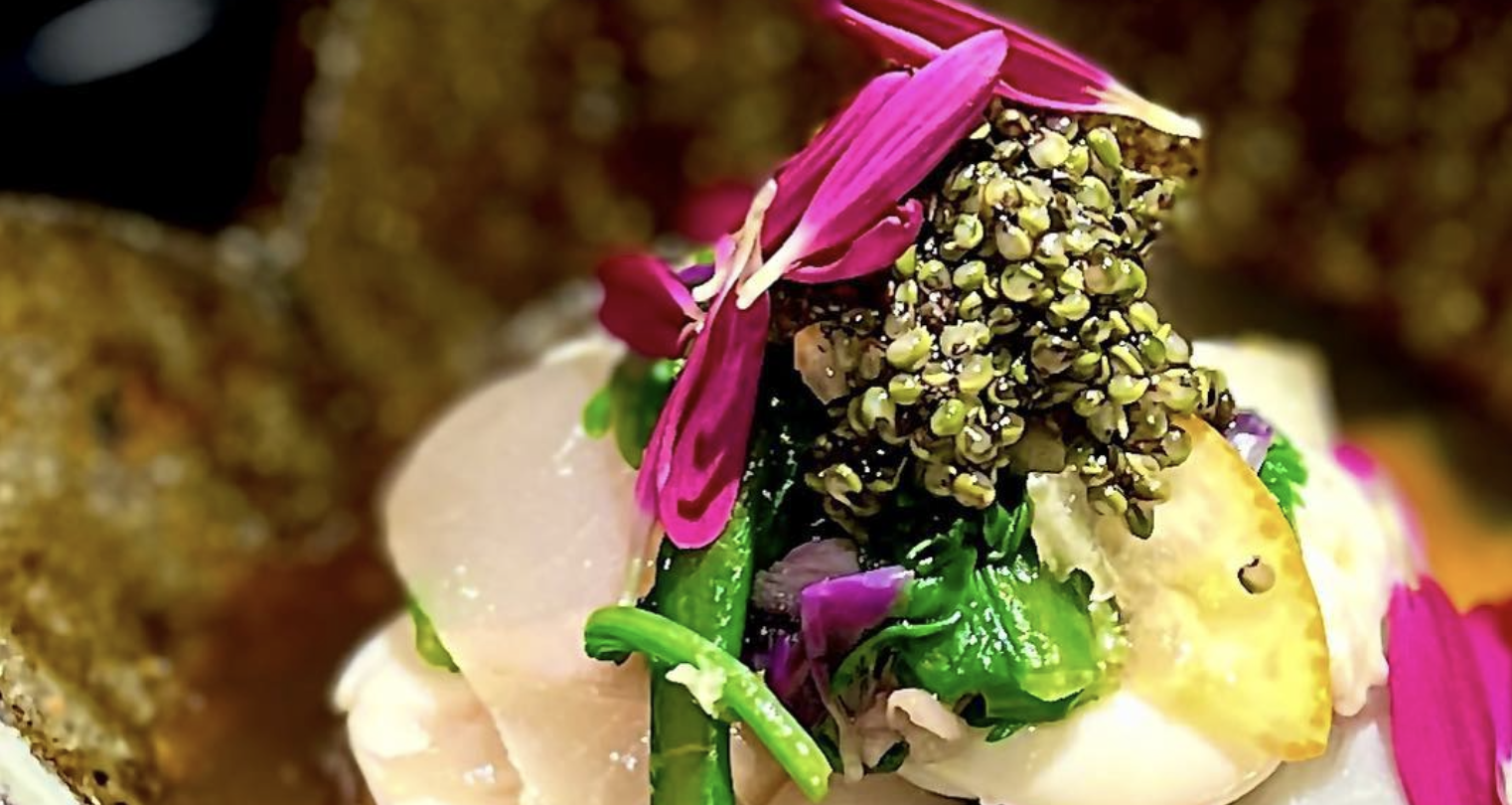
A Global Food Tourism Destination
Osaka is a must-visit destination for food lovers worldwide. From its signature street foods, such as takoyaki (octopus balls) and okonomiyaki (savory pancakes), to its world-renowned Kobe beef and sushi, the city offers an unmatched culinary experience. Numerous Michelin-starred restaurants, as well as long-standing family-owned eateries, provide a rich contrast of fine dining and comfort food, making Osaka a paradise for gastronomes.
Past, Present and Future
The city’s commitment to innovation in food technology and sustainability further enhances its global reputation as a leader in the culinary world.
By choosing Osaka as the location for our 2026 summer programs, we invite you to discover the past, present, and future of Japan’s culinary and cultural landscape in an engaging and unforgettable way.
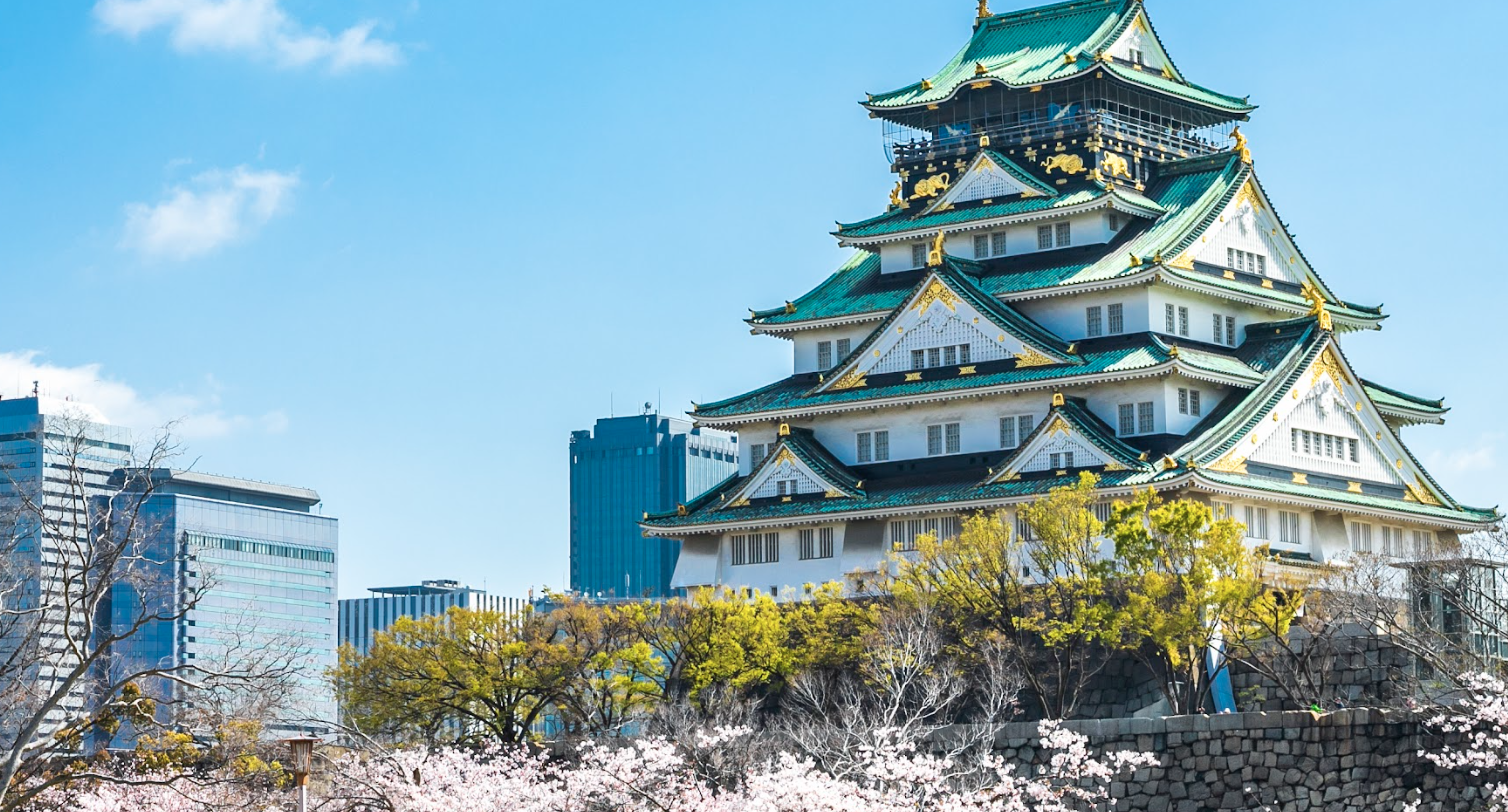
Gustolab International has been actively involved in educating the public about food systems and sustainability since 2006, when interest in food studies was still in its infancy. Since 2018, students from partner universities have explored Food Studies through the lens of Osaka's food culture.
Gustolab International, headquartered in the United States, offers educational programs in Japan, as well as in Vietnam, China, and Italy. Our unique study abroad experience transforms Osaka into your living laboratory and classroom. Students consistently describe GLi programs as exceptional, both academically and personally. By actively engaging in daily Japanese life—exploring Osaka neighborhoods, shops, restaurants, and markets—students are fully immersed in an environment that fosters investigation and discovery. Our curriculum is enhanced through fieldwork, special projects, workshops, excursions, and various activities. Students report that navigating unfamiliar territory and adapting to a new international setting cultivates valuable skills, promotes personal growth, broadens their perspectives, and creates future professional opportunities.
In Italy, GLi’s Borromini Institute has 12 PhD-level professors and collaborates with 50 universities worldwide. Every year, between 300 and 400 students from around the world visit Rome for training programs.
About Japan Food Studies College
Japan’s first research and educational institution dedicated to the scientific study and dissemination of information on food and food culture.
The various challenges we face today—climate change, the biodiversity crisis, the loss of regional cultures due to globalization, and the intensification of international competition over resources—are all deeply connected to our dining tables. The Japan Food Studies College is guided by the philosophy of “The Philosophy on the Dining Table,” proposed by Chairperson Aiko Tanaka, as a roadmap for reform. This philosophy serves as the core principle of our institution. By practicing “The Philosophy on the Dining Table,” we aim to collect and integrate intelligence from diverse fields to create a sustainable food culture for the 21st century, ensuring that everyone on the planet can enjoy a healthy and sustainable diet. We serve as a think tank dedicated to promoting a sustainable food culture.
This program offers immersive experiences that bridge historical traditions, contemporary food business, and future innovations in Osaka. Students will gain firsthand insights through guided field visits, cultural workshops, and industry engagements.
Essential Destination (Historical & Future Perspectives)
🏯 Osaka Castle – A deep dive into Edo-period commerce, exploring how Osaka became Japan’s historic food hub.
🐟Kizu Wholesale Market – An early-morning market visit, witnessing real-time transactions between suppliers and chefs while examining the supply chain challenges in Japan’s food industry.
🧘 Monastic Stay at Mount Koya – A temple immersion experience, learning about Buddhist vegetarian cuisine (Shojin Ryori) and its spiritual significance in Japanese food culture.
Cultural and Culinary Experiences (Hands-on Learning)
🍣 Sushi-Making & Dashi Tasting Workshop – Master traditional Japanese culinary techniques, with a focus on seasoning, fermentation, and umami.
🍚 Rice Koji And Miso Cooking Workshop - Learn the art of cooking with fermented Japanese ingredients.
🍱 Plant-Forward Cooking Workshop with Osaka Summer Vegetables - Craft a fresh meal using locally-sourced vegetables.
Faculty Highlights
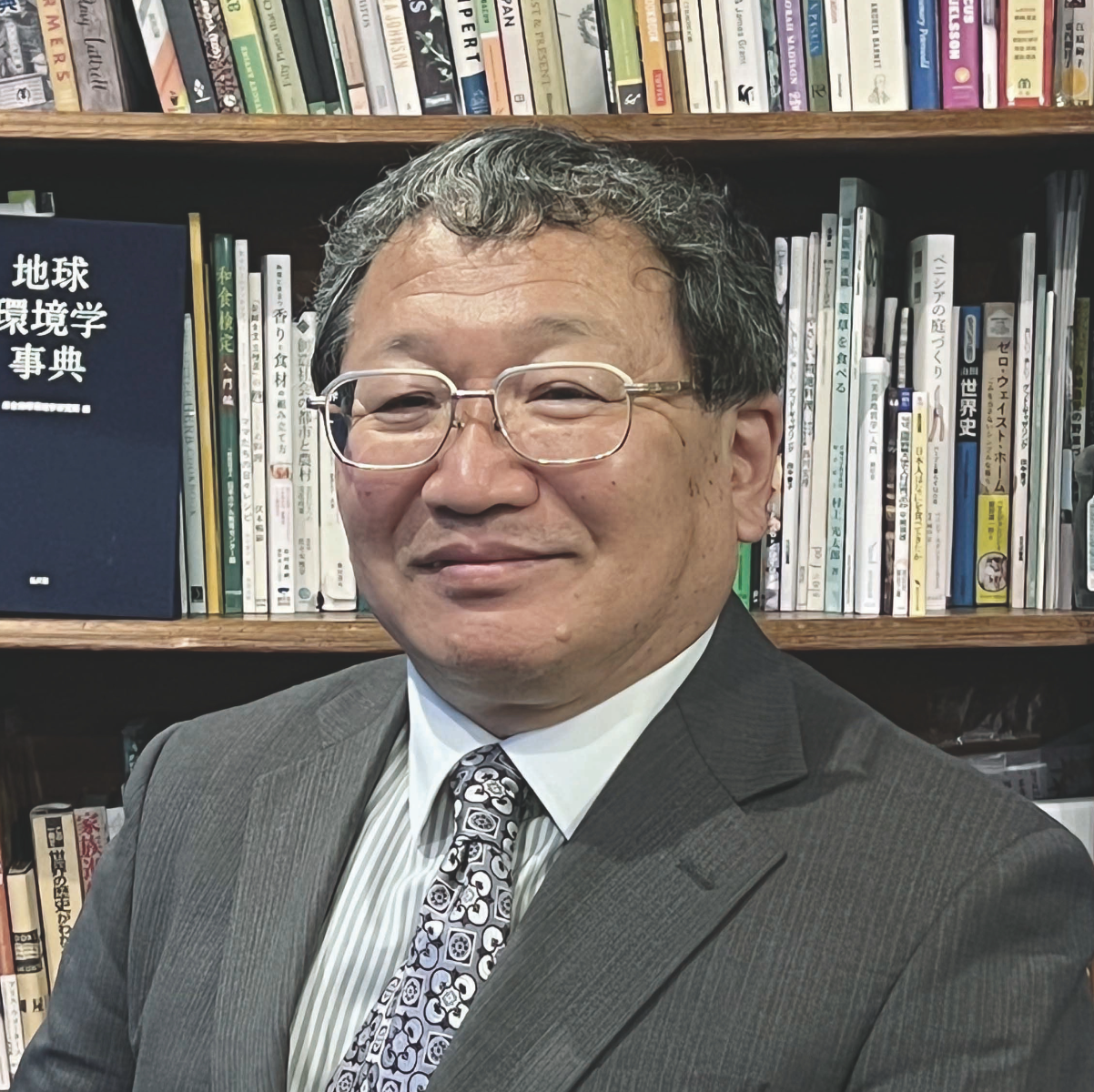
Takakazu Yumoto, Ph.D.
湯本 貴和
◾ President, Japan Food Studies College
◾ Professor Emeritus | Department of Ecology, Kyoto University
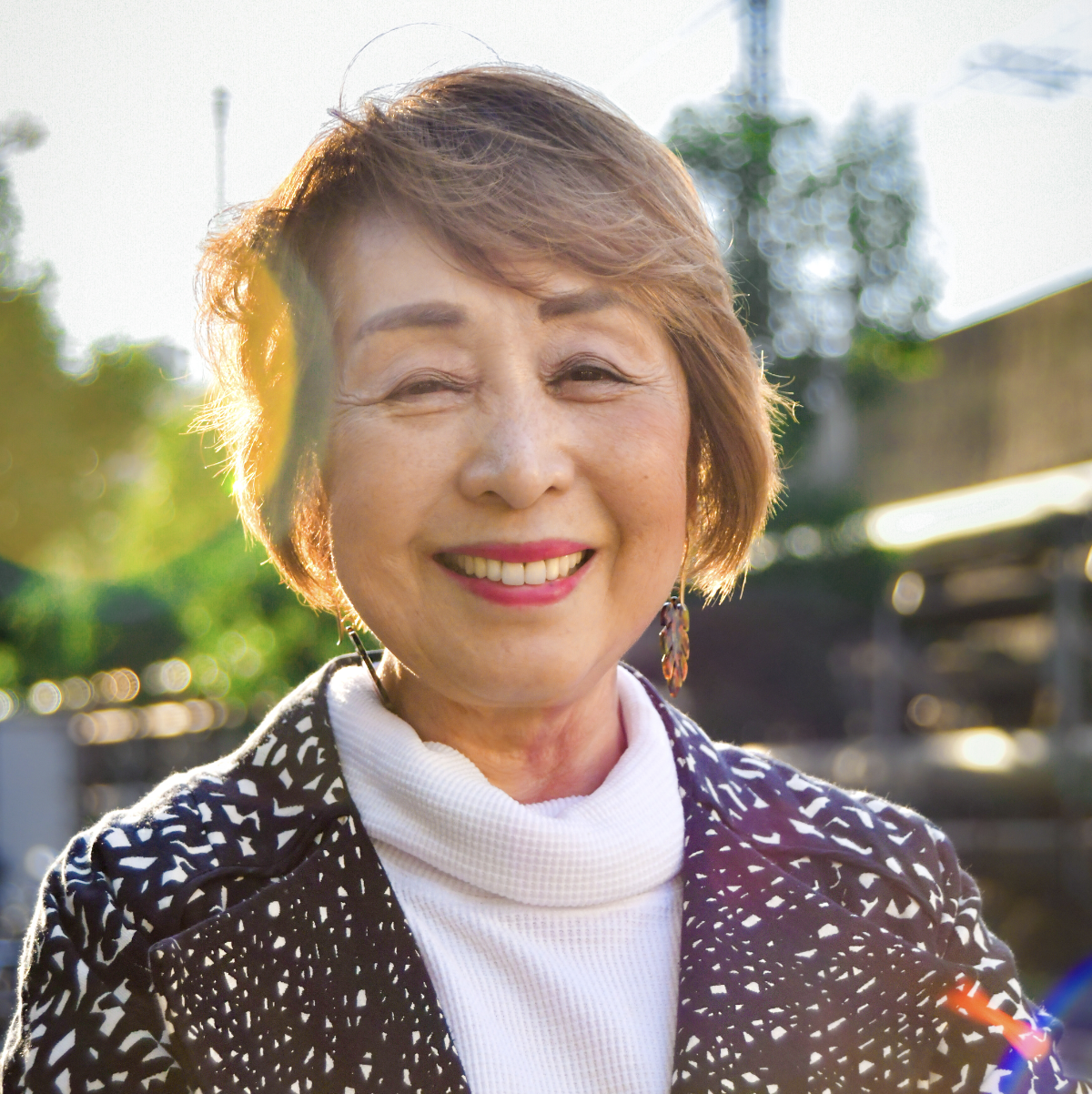
Aiko Tanaka
Author and Chef 田中 愛子
◾ Founder & Executive Director, Japan Food Studies College
◾ Master Chef, Food Activist
◾ President Kitchen Conversations
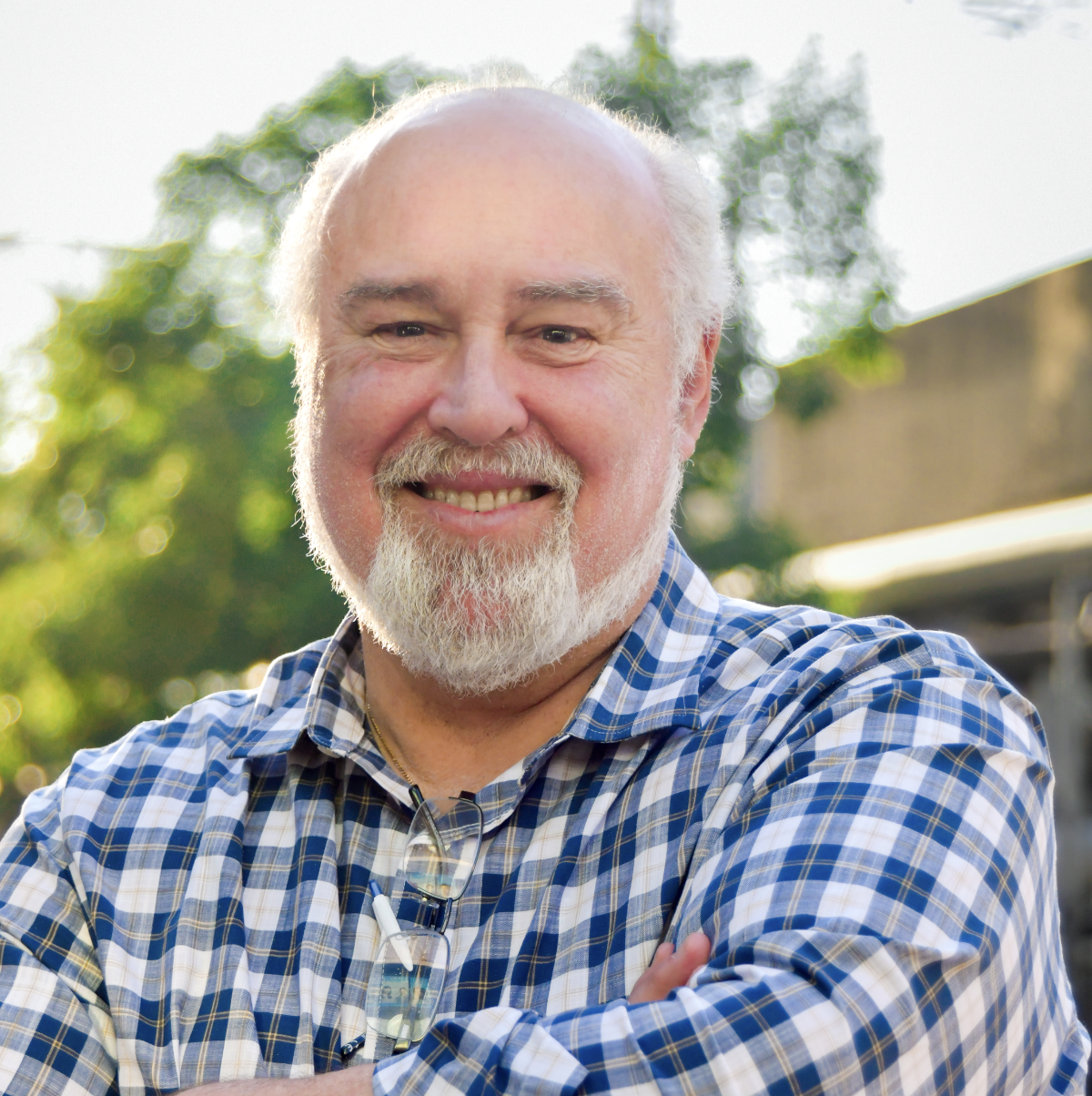
Jack D. Harris, Ph.D.
GLi Program Supervisor
◾ Professor Emeritus in Sociology, Hobart & William Smith Colleges

Gustolab in the Spotlight: Featured by the Association for the Study of Food and Society (ASFS)
Gustolab’s work in Japan and Vietnam is highlighted in this interview with Jack Harris, exploring regional food cultures and our educational programs.
Courses
Food and Food Culture: Born from Osaka History
The Present and Future of Osaka’s Food
5 Quarter Credits
3 Semester Credits
-
The geography, history, and culture of Osaka have had a critical impact on local and Japanese cuisine. You will learn all about Osaka, the Kitchen of Japan, gaining a holistic understanding of the foundational ideas behind Osaka’s food culture.
Hands-on Activities
-
Monastic training experience at Mount Koya, making a traditional soy sauce, rice cooking workshop, visit to Kizu Market
The Business of Japanese Food
Japanese Business Practices Through the Food Industry
5 Quarter Credits
3 Semester Credits
-
Develop an appreciation of the Food business in Osaka, Japan, by way of a careful analysis of its circular economies, inclusive capitalism, and community coexistence. Form an understanding of agricultural and aquacultural development.
Hands-on Activities
-
Visiting companies, farms, fisheries, and factories to learn about the business of food, opportunities for interviews with executives, managers, and staff
Critical Food Studies in Osaka, Japan
The Case of Osaka's Food Systems and Agriculture
5 Quarter Credits
3 Semester Credits
-
Understand Japanese food systems and their environmental impact. Generate insights into critical food issues and the realities of the food system, including sustainable agriculture, food waste reduction, and future food technologies.
Hands-on Activities
-
Farm research, visits to agricultural and industrial factories, discussions with expert researchers.
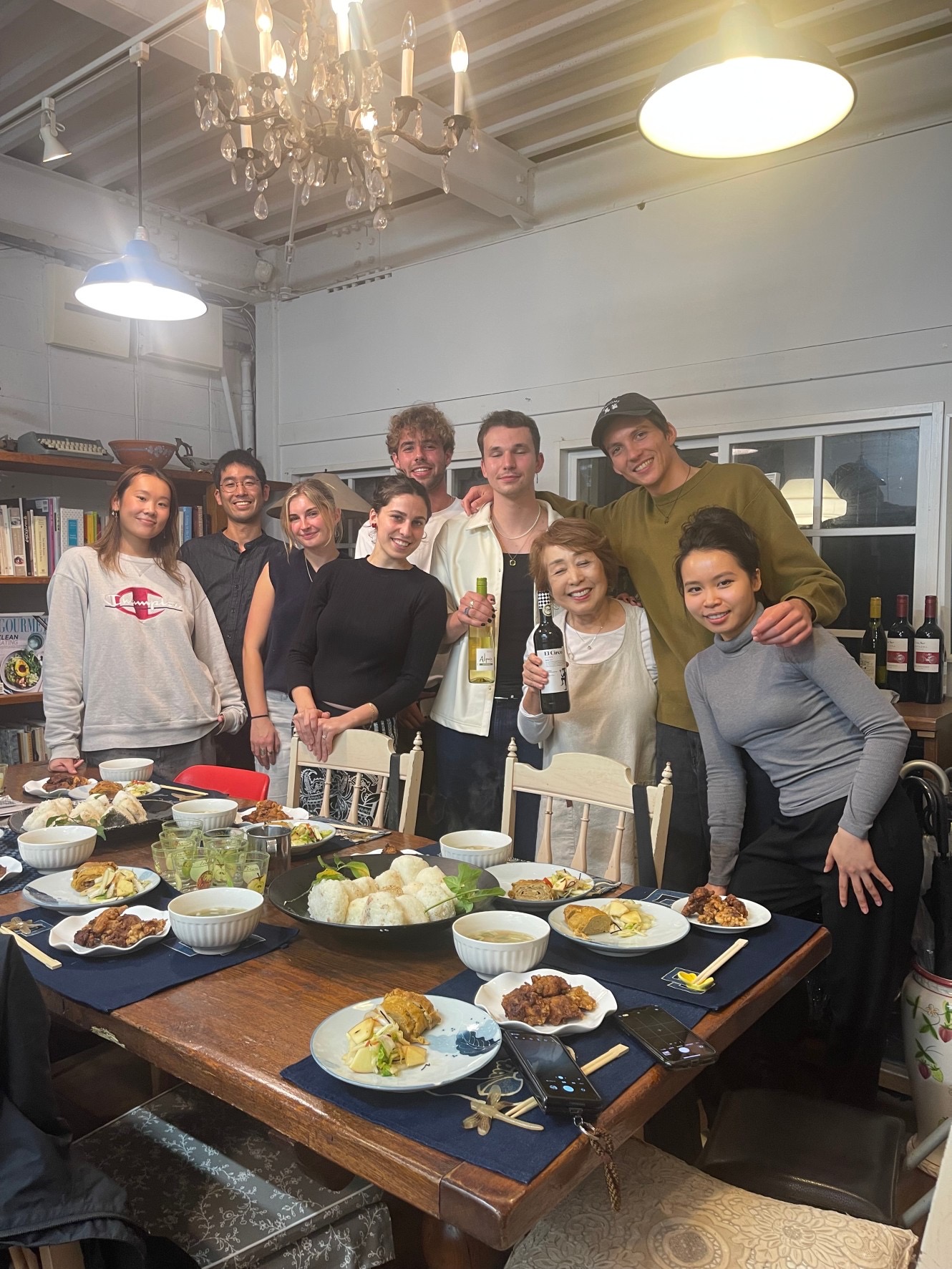
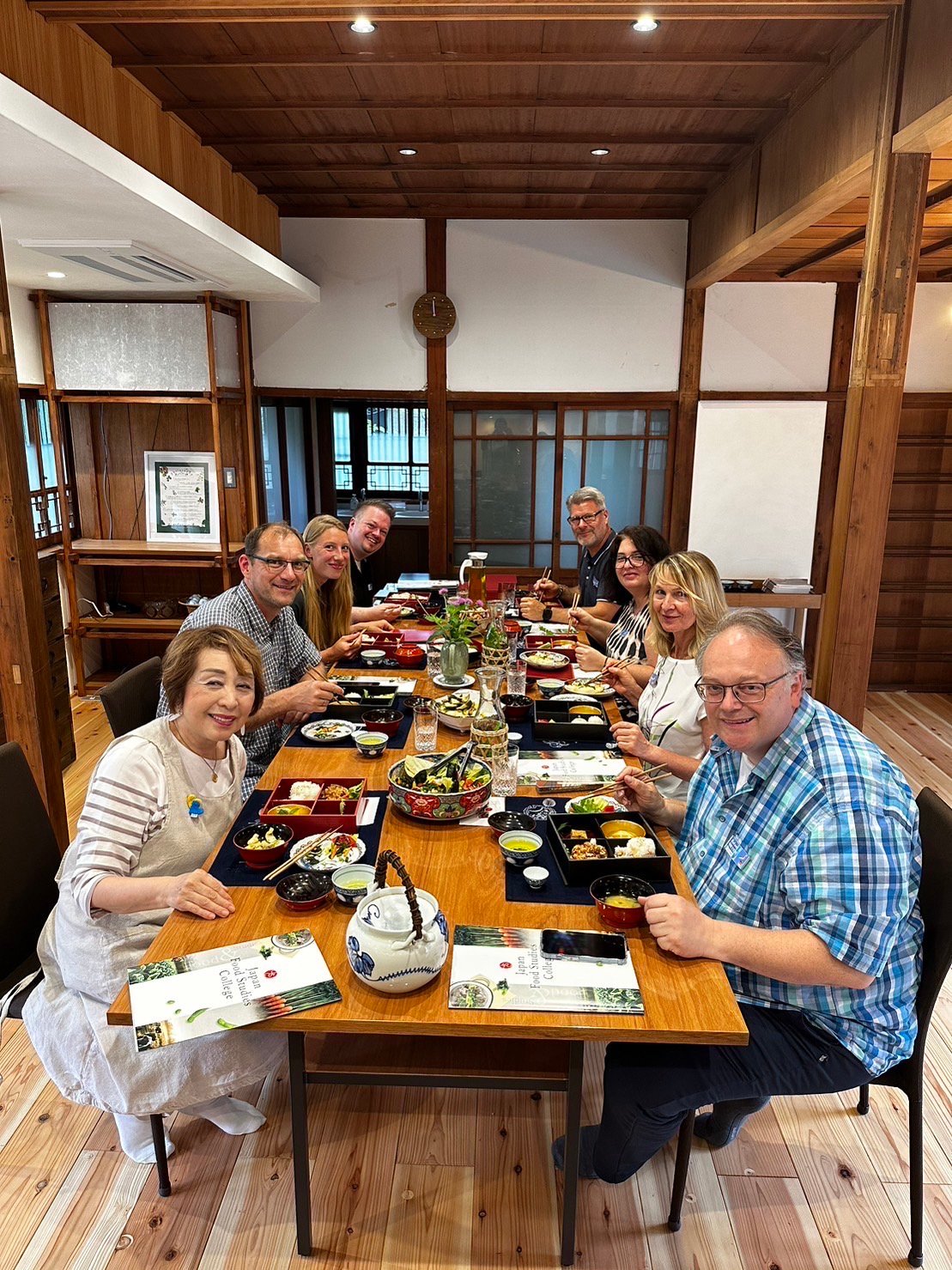
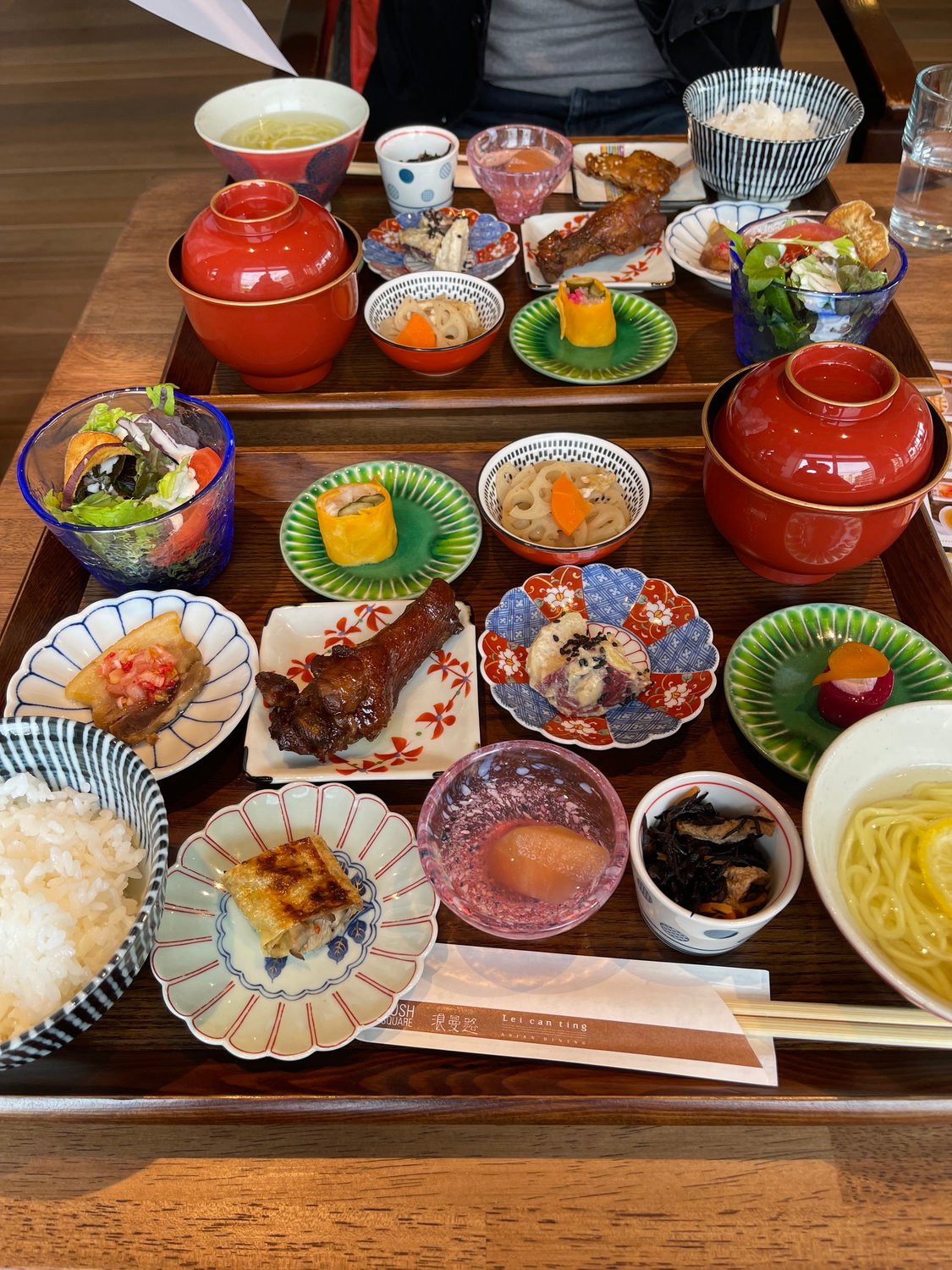
Application
We welcome applications from university students (both undergraduate and graduate) and independent scholars or professionals from all fields of study.
No Japanese language proficiency required.
The program provides an introduction to the Japanese language, especially the vocabulary of food.
Eligibility
Undergraduate and graduate students are required to have a minimum GPA of 2.5 and maintain a good academic and social standing at their home university.
If you have any questions or concerns, please don’t hesitate to contact us.
Enrollment Fee
Early Enrollment Fee: $5,500 USD
Regular Enrollment Fee: $6,000 USD
Application Deadlines
Early Bird Discount: by March 9, 2026
Regular Application: by April 6, 2026
Program Fees Include
Local accommodations and meals (homestay)
Special program lunches and dinners
Course materials and guided field visits
Local transportation for study trips
Credits
Students can earn university credits upon completion of all course obligations by passing the final assessment. It is recommended that you consult your university advisor to discuss studying abroad and to ensure you receive full academic credit, either directly from them or through transfer credits.
Transfer credit transcripts are available through Portland State University for a transcript fee of $600.
All participants are awarded an official Certificate of Attendance.
Program Cancellation
Failure to recruit sufficient students will lead to program cancellation.
For more information contact
Jack D. Harris, Ph.D., Professor Emeritus
Director, Extension Programs & International Development
Gustolab International, LLC
28 College Avenue
Geneva, New York 14456 USA
+1-315-521-1387
jack.harris@gustolab.com

.png?width=200&height=87&name=GLi-logo-orizzontale%20(2).png)